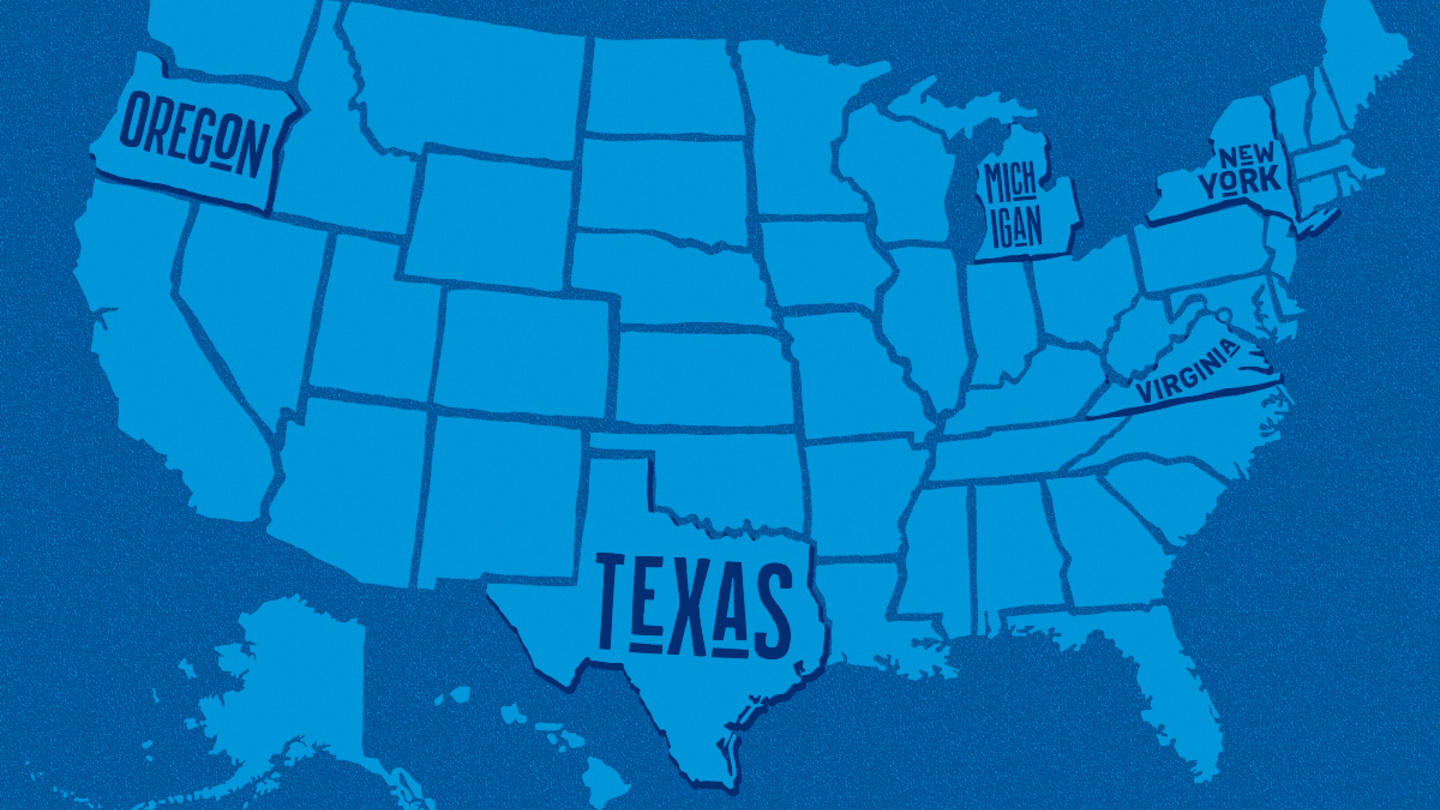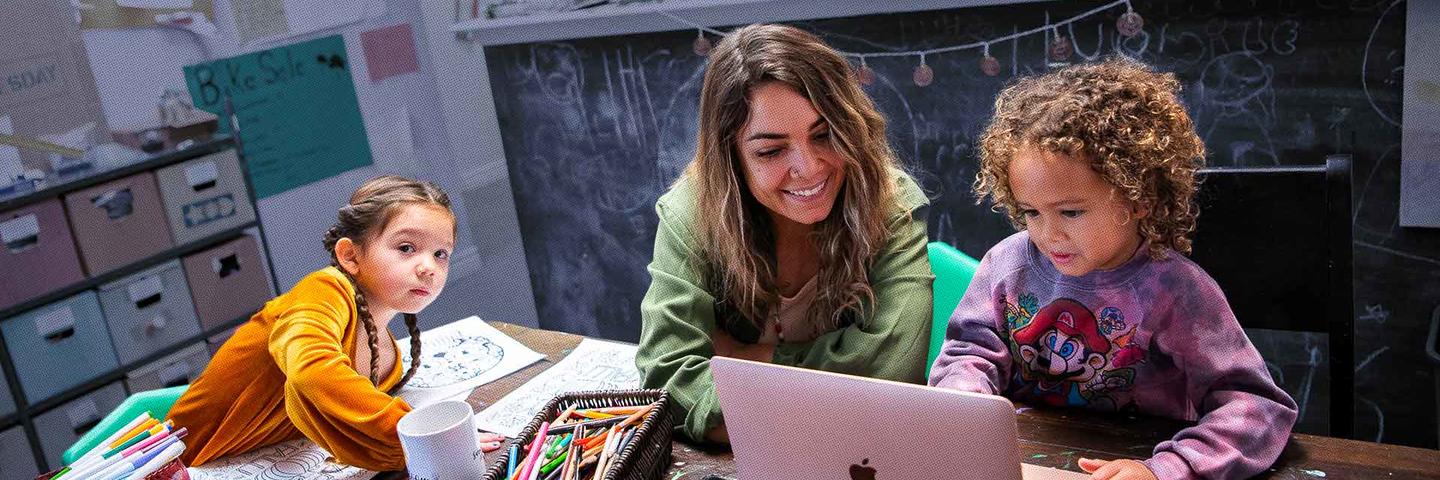K-12 education is often one-size-fits-all in the United States. Standardized tests, eight-hour school days, and memorizing textbooks don’t create space for critical thinking or genuine academic and personal growth in students.
Instead, it often halts children’s natural creativity, entrepreneurial spirit, and love of learning. With this rigid learning structure so ingrained in the American education system, is a better way for our children realistic?
Kerry McDonald of the Foundation for Economic Education visited 35 parents and educators in five communities around the United States and discovered the answer is: Yes. She found entrepreneurial educators transforming education everywhere – from big metropolises to small towns. Did you know about Detroit’s homeschooling movement, the forest schools in Texas, or the play-based learning models in Virginia?
These schools embrace every student’s unique gifts with learning models designed to cater to learners’ individual needs. That’s because education that is responsive to families results in better outcomes than a top-down system. After all, the purpose of education is to help students discover their unique abilities so they can contribute and find fulfillment.
The entrepreneurs all took slightly different approaches to solving their education problems, but they all shared the same five qualities, McDonald found: They were ideologically, geographically, and demographically diverse; they favored individualized and decentralized solutions; they collaborated with each other and made their programs as accessible as possible.
Let’s take a look at the five places where McDonald found inspiring education transformations.
New York City’s solution to education shortfalls is to pour more and more money into traditional educational methods that treat students as numbers and statistics.
New York City parents are fixing this by exploring individualized alternatives that embrace the unique gifts of their children. For example, Off Da Beaten Path launched in 2020 to transform education with one-on-one coaching for students and encouraging them to follow their own passions in learning.
New York City is also home to the first and fastest-growing modern microschool network in the nation, Acton Academy. It began in Texas but now brings the concepts of self-discovery and personal mastery to students across the United States.
Classrooms around the United States have relied on whiteboards, handouts, and textbooks for decades, rather than looking for ways to transform education through creative innovations. However, a handful of schools in Richmond are taking on this challenge by engaging students through “doing” rather than sitting at a desk all day.
The students at Cultural Roots Homeschool Cooperative, for example, take regular trips to museums, cultural events, and nature preserves to learn. Then there’s the Pierian Spring Academy of Arts & Sciences, a K-12 STEM-focused private school. This school uses a hands-on, project-based approach and it works. Its founder leads the highest-ranked robotics teams in the state.
It’s no secret Detroit’s public school system is failing its students. The National Assessment of Educational Progress reported only 3% of Detroit fourth graders were proficient in math and only 5% were proficient in reading in 2022.
Thankfully, there are schools emerging like the Big Bad Wolf House to tackle this issue. This full-time microschool incorporates elements of Montessori, Waldorf, Reggio Emilia, and other child-centered educational philosophies to provide a well-rounded education for all its students. This school has a local forest school instructor come once a week and the students are given plenty of time throughout the week to explore the outdoors.
Another program, Detroit Discoverers, offers similar outdoor options for learning. For example, when students were learning about birds, they not only read stories and sang songs about birds — they also made bird feeders out of pine cones and visited a local nature center to spot birds and learn more about their habitats.
Sign up for Stand Together's K-12 newsletter and get stories, ideas, and advice from changemakers who are transforming education across the country.
Dallas and Fort Worth: Educators respond to COVID by creating better schools
It took poor pandemic policy for many to say “enough is enough” with bureaucratic schooling methods. When the government demanded all students be taught remotely, avoid interaction with other students when they returned to the classroom, and take weeks off school if they became ill — Dallas-Fort Worth educators and parents said enough is enough.
Educators began opening forest schools, STEM-focused microschools, and faith-based schooling programs. Barefoot University is one such example. Each week the Barefoot University homeschoolers gather for walks in parks, nature preserves, forests, and hiking trails. Each walk comes with an outdoor-themed learning activity to combine fun with learning.
In other parts of the region, students are learning in innovative ways indoors as well as outdoors. Braveheart Christian Academy is a microschool that may look like a more traditional school, however, it’s anything but. When students struggle to keep up with their peers in the same grade, they aren’t pushed along through the system in the hopes of just getting them to graduate. Instead, they are given individualized attention focused on mastering skills before moving on.
“We had one child who entered school as a fourth grader by age but who performed at a first-grade level. Now, after a school year and a half with us, that student has nearly caught up academically to his fifth-grade peers,” founder Chrystal Bernard said.
Grants Pass, Oregon: Where grit and growth matter more than letter grades
The traditional classroom can feel disconnected to reality for students, especially those in rural America. In a ranching community like Grants Pass, hands-on knowledge and common sense know-how is a lot more important than the ability to sit still at a desk for eight hours.
That’s why educators here took it upon themselves to restructure the learning environment with alternative K-12 education techniques that embrace qualities important to the community– like entrepreneurship and self-sufficiency. At the Madrona Folk School, homeschoolers are introduced to nature immersion, and traditional farming skills that will help them thrive for years to come. The best part is these classes, taught on a renovated homestead property, are all tailored to each child’s individual needs and mastery levels.
Other schools, like River’s Edge Academy Charter School only have students attend class on campus part-time. The rest of the time, they are out in the community participating in educational programs, like 4-H.
***
For more of McDonald’s takeaways, get the full report; or learn why McDonald is so optimistic about the future of education.
Learn more about Stand Together’s education efforts, and explore ways you can partner with us.
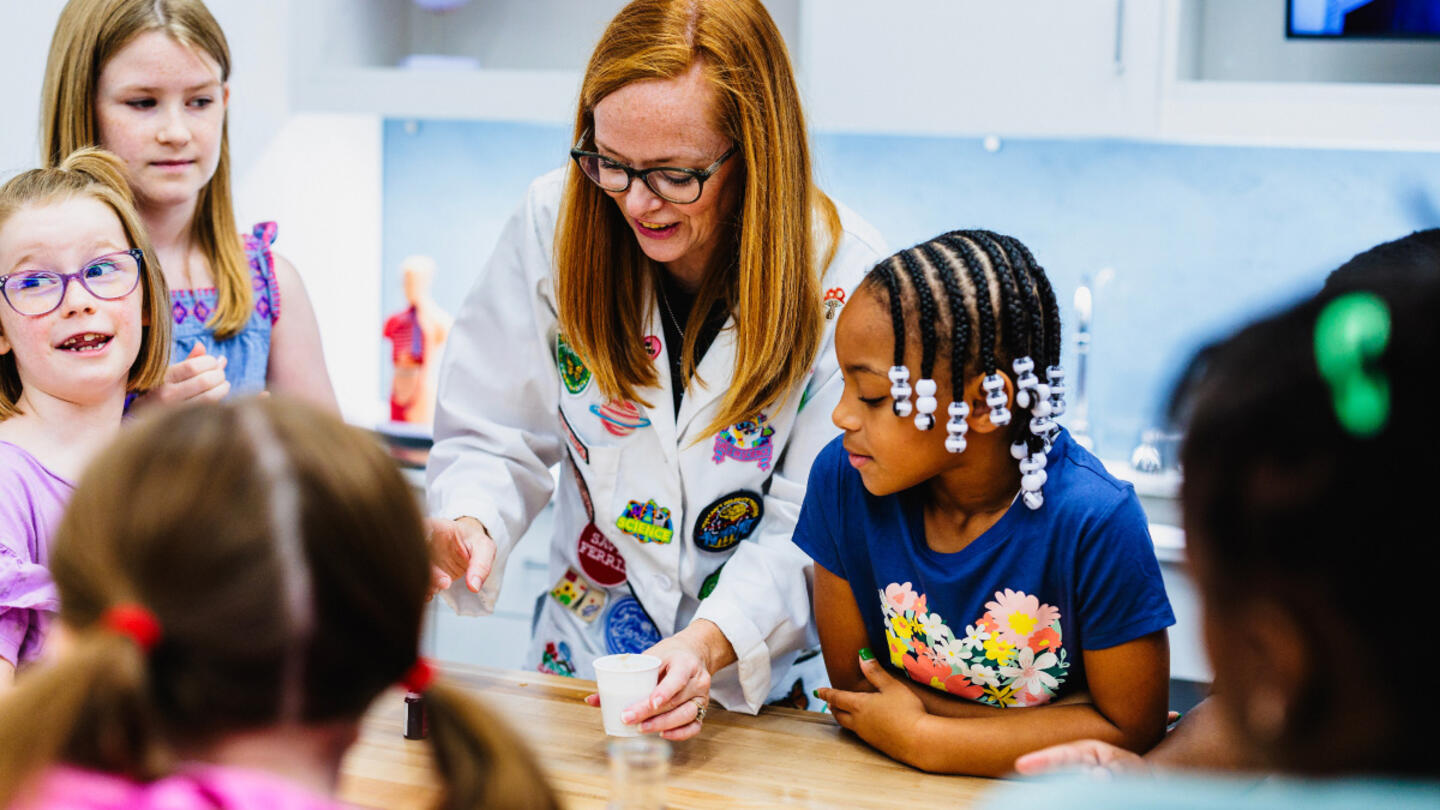
This colearning space has the potential to bridge the divide between public and private education.
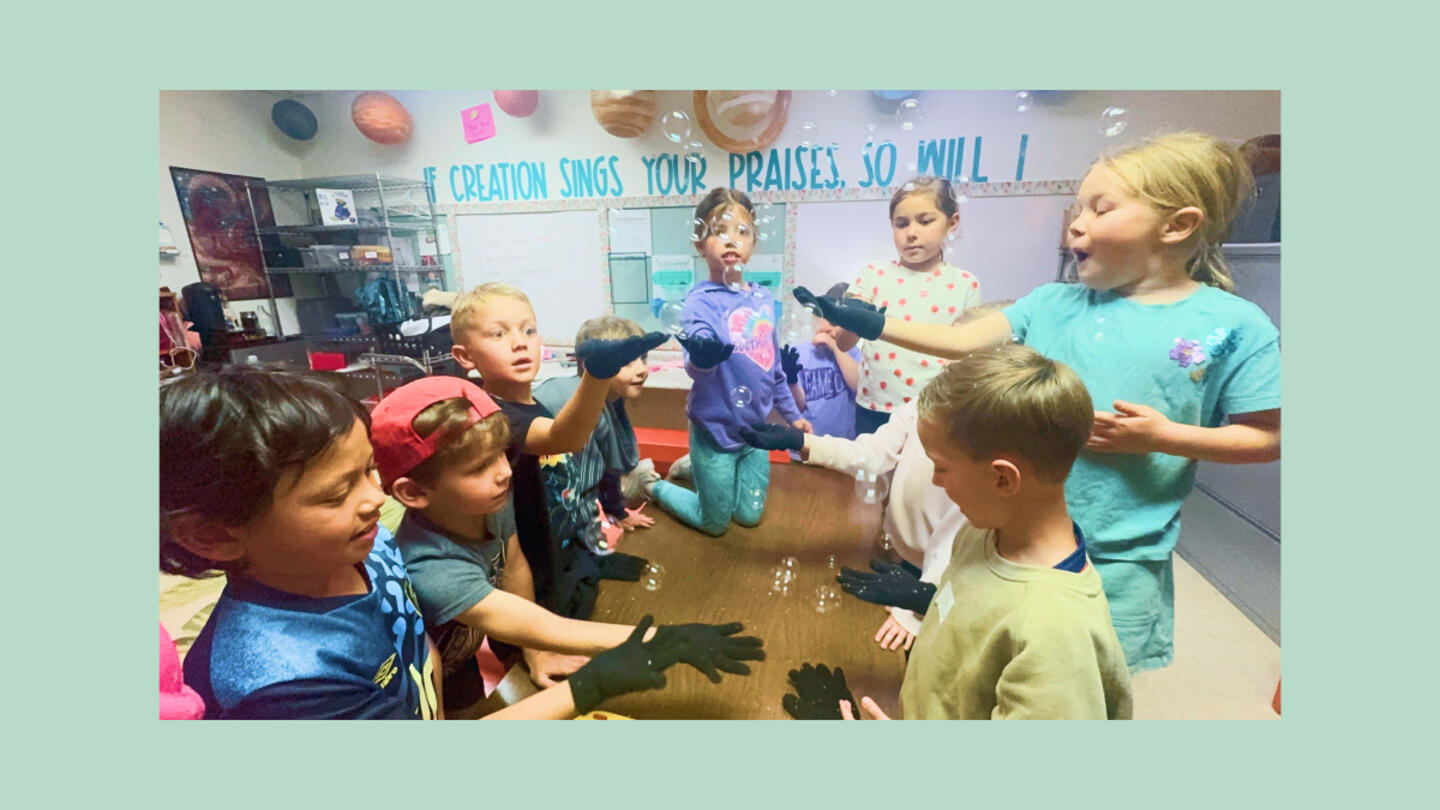
New Johns Hopkins data shows homeschooling’s recent surge has transformed the education landscape.
Step 1: Find the best learning environment for your child. Step 2? Figure out how to pay for it.
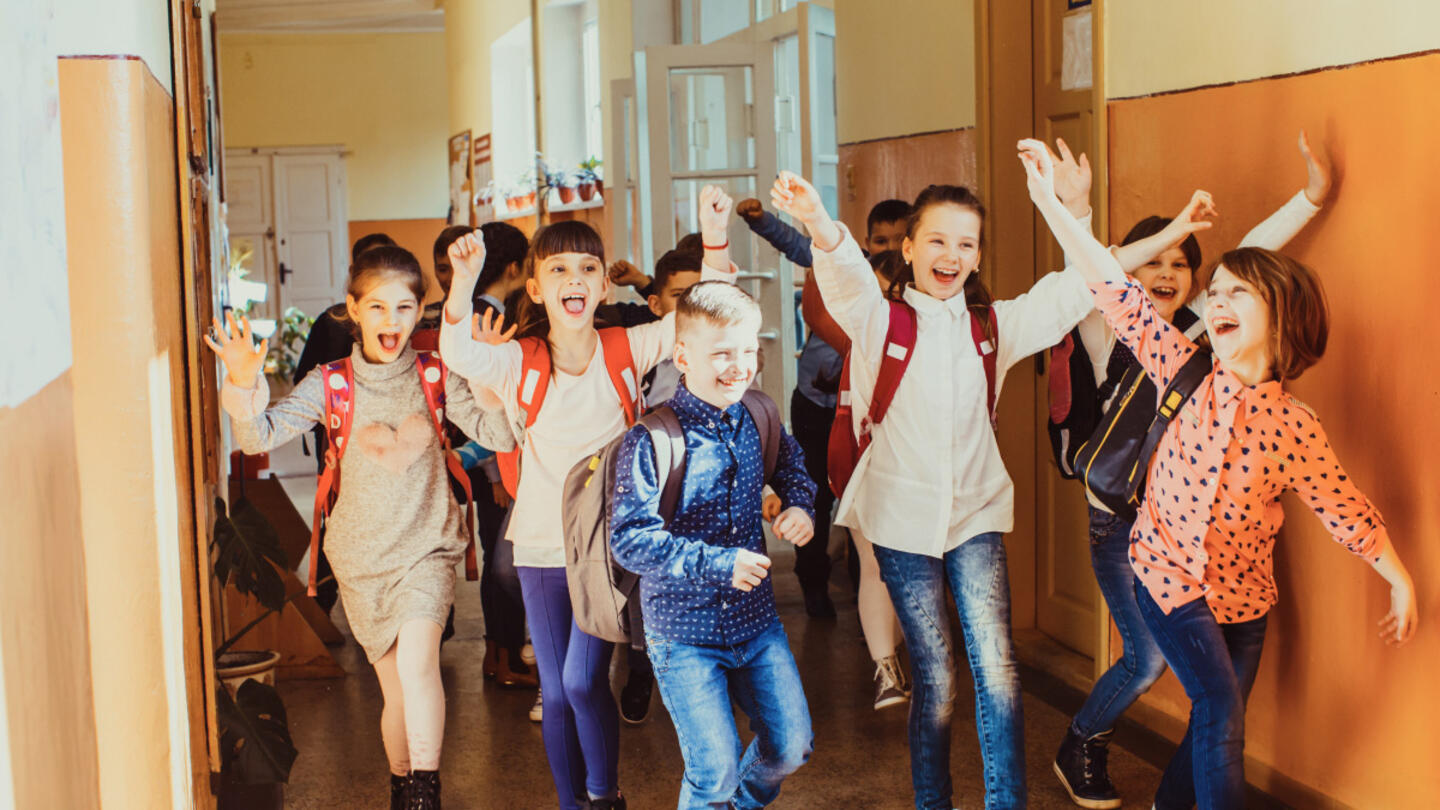
Here’s what happens when AI replaces teachers.
